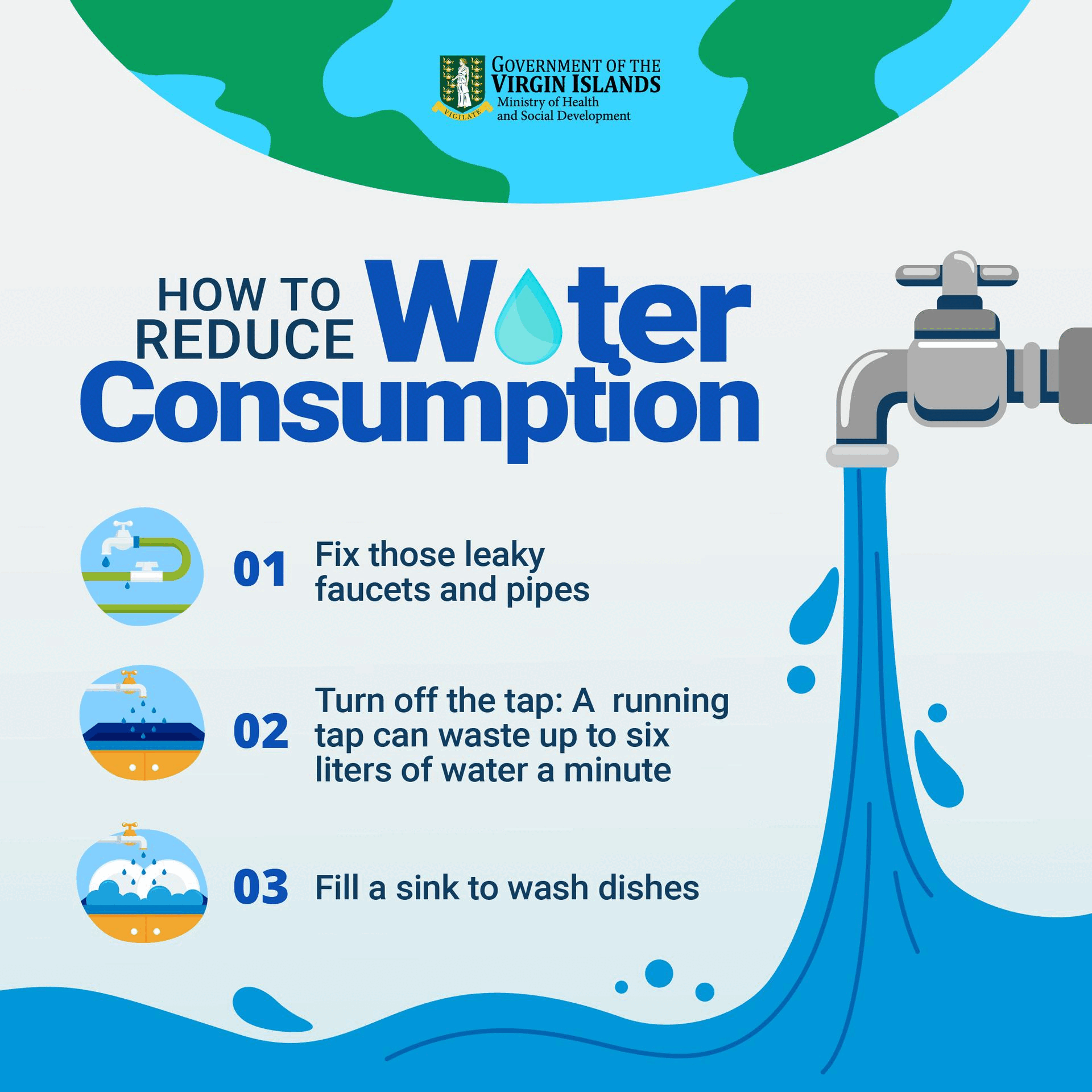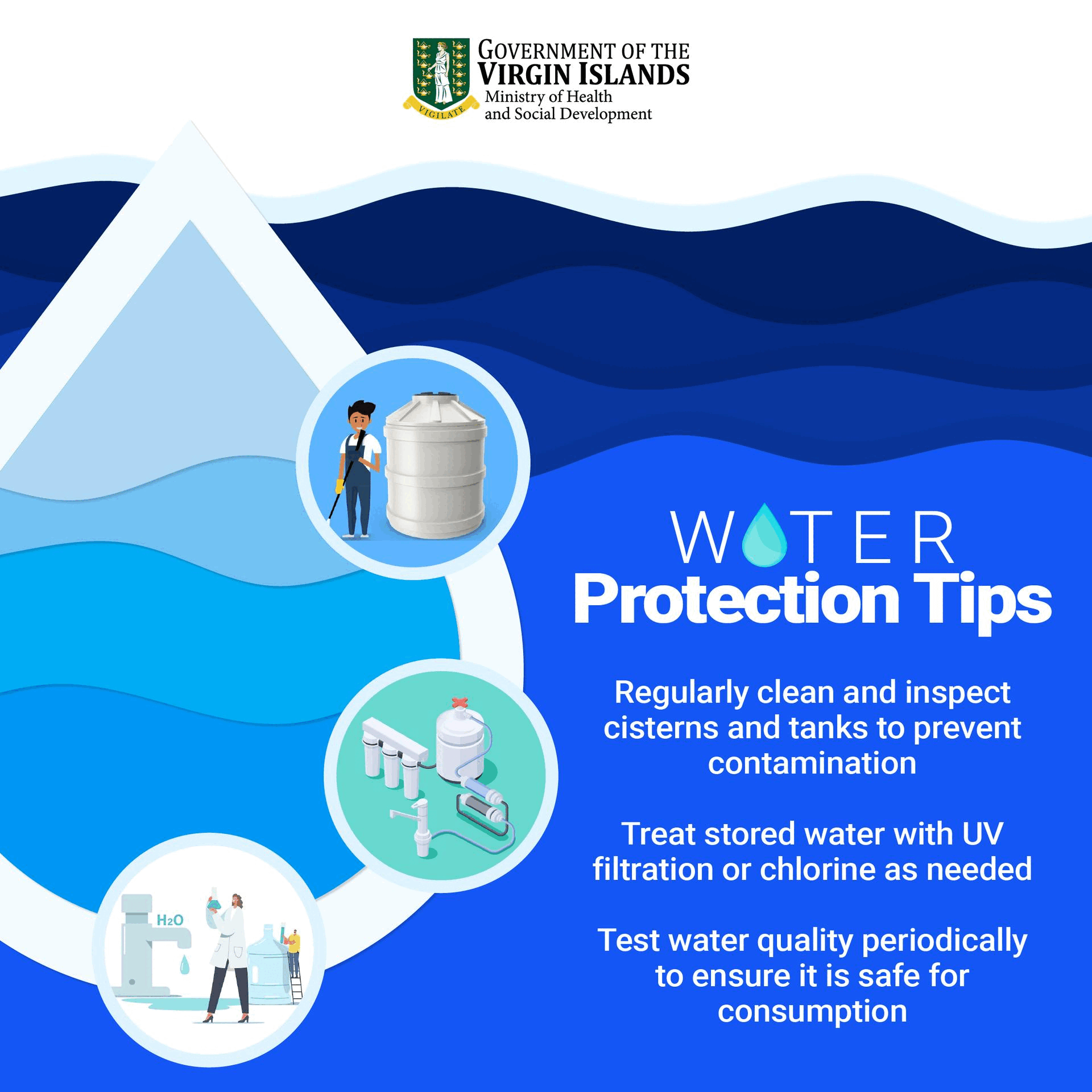CARICOM Reparations Commission
Recently, in some of our sister islands there have been some general elections over the last few months.
On June 29, 2020 there was a general election held in our fellow British Overseas Territory (BOT) of Anguilla.
Anguilla has a total population of approximately 15,100 persons, with roughly 11,000 registered voters.
There are two main political parties in Anguilla; Anguilla United Front (AUF) being the then incumbent government and the Anguilla Progressive Movement (APM) being the then opposition party.
In Anguilla, there are seven electoral seats and four “At large” or “All island” seats, for a total of 11 seats. Whichever party wins at least six of these seats will form the government.
For clarity, the at large seats are those that persons from all around the island can vote on.
So for the Anguillian example, if there are 11,000 voters, then they can all vote for one candidate in their constituency and then any four of the at large candidates, for a total of 5 votes per voter.
In this particular election, the electoral office decided to use electronic tabulation machines that allowed the counting of ballots to be done in a more efficient manner.
When the votes were tabulated, the following were the results:
“The main opposition Anguilla Progressive Movement (APM) has won Monday’s general election in this British Overseas Territory, winning seven of the 11 seats, according to the preliminary results released.
Among the casualties is Premier Victor F. Banks, whose Anguilla United Front’s (AUF’s), won four seats. Banks, 72, was defeated by 27 year-old DeeAnn Kentish Rogers, the 2018 Miss Universe Great Britain.”
Caribbeannationalweekly.com
The new Premier of Anguilla is now the Hon Dr Ellis L. Webster.
Up until the early 1980s, Anguilla was administratively and culturally linked with St.Kitts and Nevis. Therefore, many Bermudians have ancestral origins in Anguilla due to their ancestors being enslaved in Anguilla.
Some common Bermudian surnames with ties to Anguilla are Gumbs, Richardson, Hodge and Fleming.
In the Virgin Islands, many persons can trace their not so distant roots to Anguilla, including some of the Vanterpools and Harrigans.
Reparations
Around the world, major institutions, organisations and countries are taking stock of the growing awareness of the historic wrongs perpetrated against persons of African descent.
Whether it be the change of names on food products, sport teams or landmark, the removal of statues celebrating racist leaders or pledges to listen more, the world has changed since the murder of Mr George P. Floyd Jr.
In reality, whilst the changes are overdue, they are somewhat superficial.
Those that live off of the profits from slavery and racial injustice will never be adversely affected by the removal of a statue of someone who died hundreds of years ago.
Conversely, besides a feel good moment in time, those that are the descendants of those who were enslaved will not benefit in any meaningful way by the renaming of a food product or a street name.
The harsh reality is that those who are the children of those enslaved have been economically disadvantaged for centuries.
It is high time, that those institutions that profited from the Trans-Atlantic slave trade should be made to pay.
Beneficiaries of slavery
To be clear, no living person can ever be blamed for being involved in the slave trade. However, countries, institutions and companies have a lot to answer for.
As a prime example, Harvard University was recently exposed as having had vast amounts of money donated to them by slave owners in the Caribbean island of Antigua.
“That plantation owner was Isaac Royall Jr. — the wealthy benefactor of Harvard’s very first law professorship in 1815, whose name is still attached to Harvard’s distinguished Royall Professor of Law position today.”
Washington Post.
Insurance giant Lloyds of London, made vast profits insuring hundreds of ships and their cargo of enslaved Africans.
So you see, institutions that many see as “gold standard” have their financial foundations built off the blood of those locked in misery for centuries.
Over the last decade, CARICOM has formed a reparations commission that has a 10 point plan to address the European nations of; England, France, Holland and Spain, all of whom built empires from off the backs of those enslaved throughout the Atlantic and Caribbean region.
This coming Thursday, July 23, 2020, we will be having the first part of an in depth conversation with Sir Hilary M. Beckles, who is the chairman of this commission.
Tune into Power 95 or CBN 90.9 on your FM dial or online via Tunein.com at 4:00pm Eastern Caribbean time for this important discussion.












.png)



















2 Responses to “CARICOM Reparations Commission”
It’s time they pay up
Moreover, the only people that remained paupers from Slave labour were the Slaves and their descendants. The Enslavers, their descendants and show horses enjoyed the riped fruit of Slave labour while the Enslaved, the workhorses have yet to see even a “hapeney.”
Here is a news flash. Reparation is not a hypothetical theory, for some countries have already paid reparation, eg, Germany——Holocast, US—-Japanese internment during WWII, UK—-Mau Mau Uprising, South Africa—Apartheid....etc. It seems like it is reparation for everyone but Slave descendants.
Some Enslavers descendants try to rationalize not paying reparation. They roll out a few worn canards. For example, they say 1) I was not alive during Slavery, 2)I should not be responsible for the debts of ancestors 3)I don’t know any Slaves.....etc. Some of the foregoing is true. Here is another news flash. The descendants of slave owners have benefited and and continue to benefit from Slave labour, eg, inheritance, education and training, housing, healthcare, military service, employment. .....etc. At Emancipation, all the Slaves had were the rags on backs. Further, they are benefactors due to their difference, ie, they enjoy unearned White privilege.